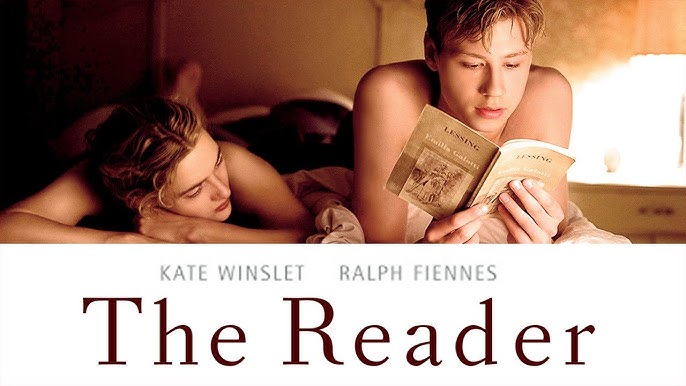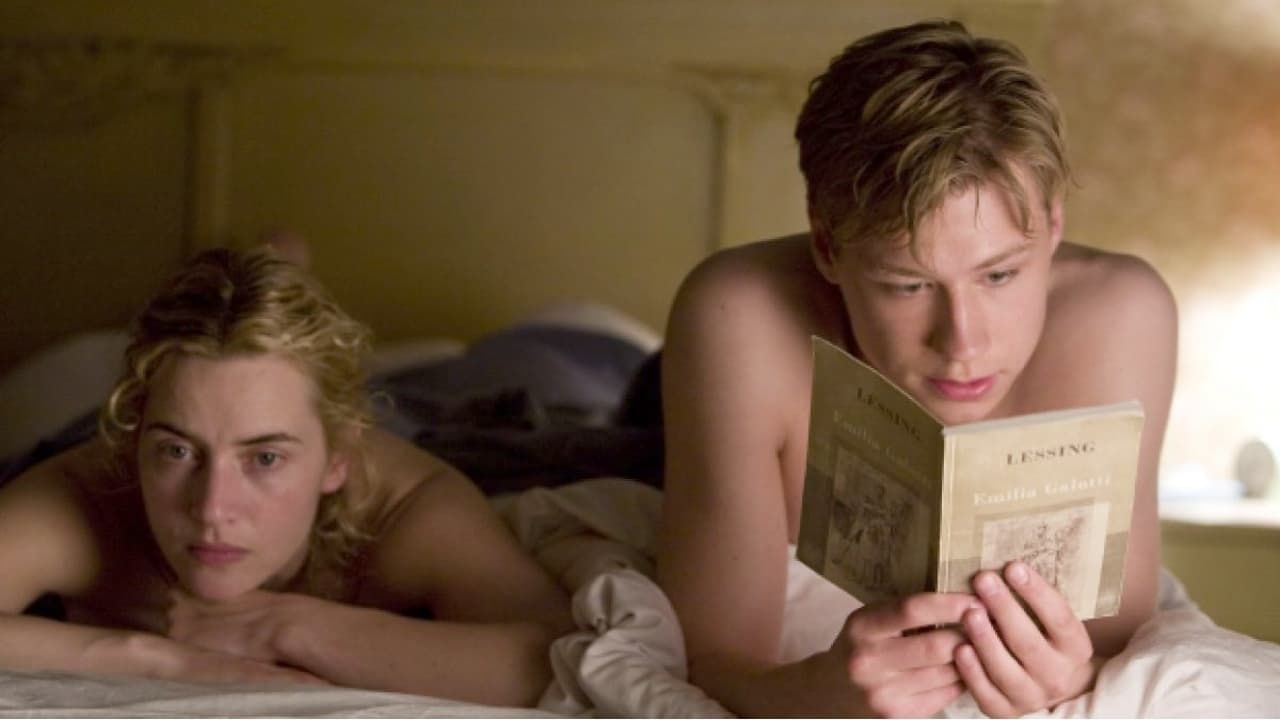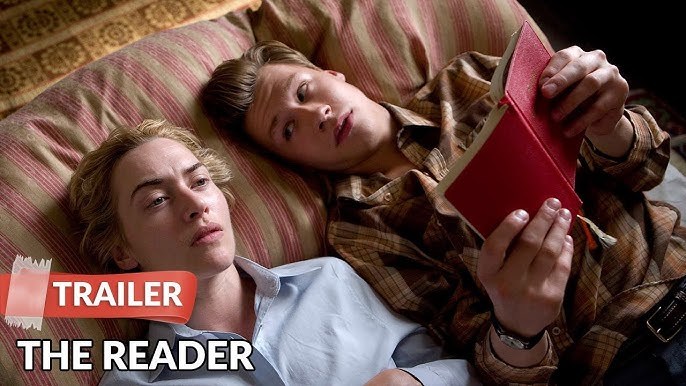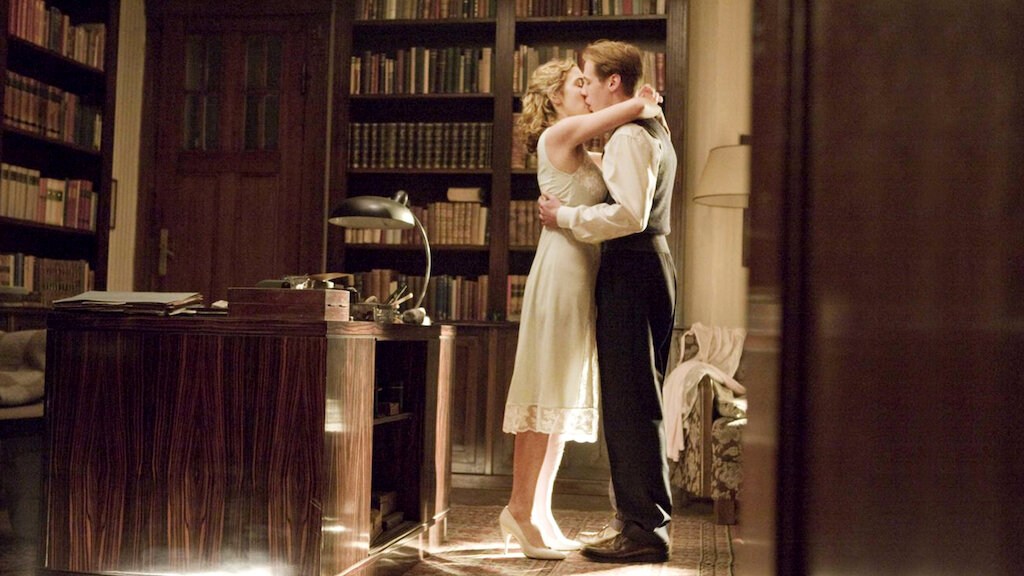The Reader (2008)

The Reader is a 2008 romantic drama film directed by Stephen Daldry, based on the 1995 novel by Bernhard Schlink. The screenplay was written by David Hare, and the film stars Kate Winslet, Ralph Fiennes, David Kross, Bruno Ganz, and Karoline Herfurth. Set in post-World War II Germany, the film explores complex themes of guilt, shame, love, and the haunting consequences of history. It tells the story of a young man who embarks on a passionate affair with an older woman, only to later discover her dark and disturbing past during a trial years later.
The film centers on Michael Berg (played by David Kross as a young man and Ralph Fiennes as an adult), a teenager who has an affair with an older woman, Hanna Schmitz (Kate Winslet). Their relationship is passionate, but Hanna abruptly disappears, leaving Michael with unresolved questions and heartache. Years later, as a law student, Michael attends a trial in which Hanna is accused of being a former Nazi concentration camp guard. The revelation of her past forces Michael to confront his emotions and the moral complexities of their relationship, which have deep implications for both of their lives.
Kate Winslet delivers a career-defining performance as Hanna Schmitz, capturing her character’s internal conflict and the burden of her past. Winslet brings a level of depth and humanity to the role, allowing the audience to empathize with Hanna despite her actions. Her portrayal of a woman who struggles with guilt, shame, and secrecy makes her character one of the most compelling aspects of the film. Winslet’s performance earned her the Academy Award for Best Actress, a well-deserved recognition for her powerful and nuanced portrayal.
David Kross plays the young Michael, whose emotional journey is at the heart of the film. Kross effectively portrays Michael’s confusion and growing understanding of the complexities surrounding his relationship with Hanna. As the adult Michael, Ralph Fiennes brings a sense of maturity and reflection to the character, showing the long-lasting impact that Hanna’s actions had on his life. The performances of both Kross and Fiennes capture Michael’s emotional turmoil, shifting from youthful innocence to an older, more contemplative figure grappling with the weight of his past.

The film’s direction by Stephen Daldry and the screenplay by David Hare allow the story to unfold in a way that invites reflection on the themes of justice, guilt, and moral responsibility. The pacing of the film is deliberate, allowing for a slow buildup of tension and emotional depth. The contrast between Michael’s youthful perspective and his later, more mature view of his relationship with Hanna adds layers to the story, making it not just a romantic drama but a profound exploration of historical and personal reckonings.

In addition to its strong performances and direction, The Reader benefits from its poignant cinematography. The film captures both the intimacy of Michael and Hanna’s relationship and the broader historical backdrop of post-war Germany. The visual storytelling complements the emotional tone of the film, with a muted color palette that reflects the somber themes of guilt and memory. The settings, particularly the courtroom scenes, are thoughtfully composed to highlight the moral dilemmas faced by the characters, adding to the film’s sense of emotional gravity.

In conclusion, The Reader is a thought-provoking and emotionally powerful film that explores complex themes of love, guilt, and the aftermath of war. The outstanding performances, particularly by Kate Winslet, combined with the sensitive direction by Stephen Daldry, make it a deeply moving and unforgettable cinematic experience. The film challenges viewers to confront difficult questions about moral responsibility and the impact of history on individual lives. The Reader remains a poignant and timely reminder of the emotional cost of the past and the struggle for redemption.











